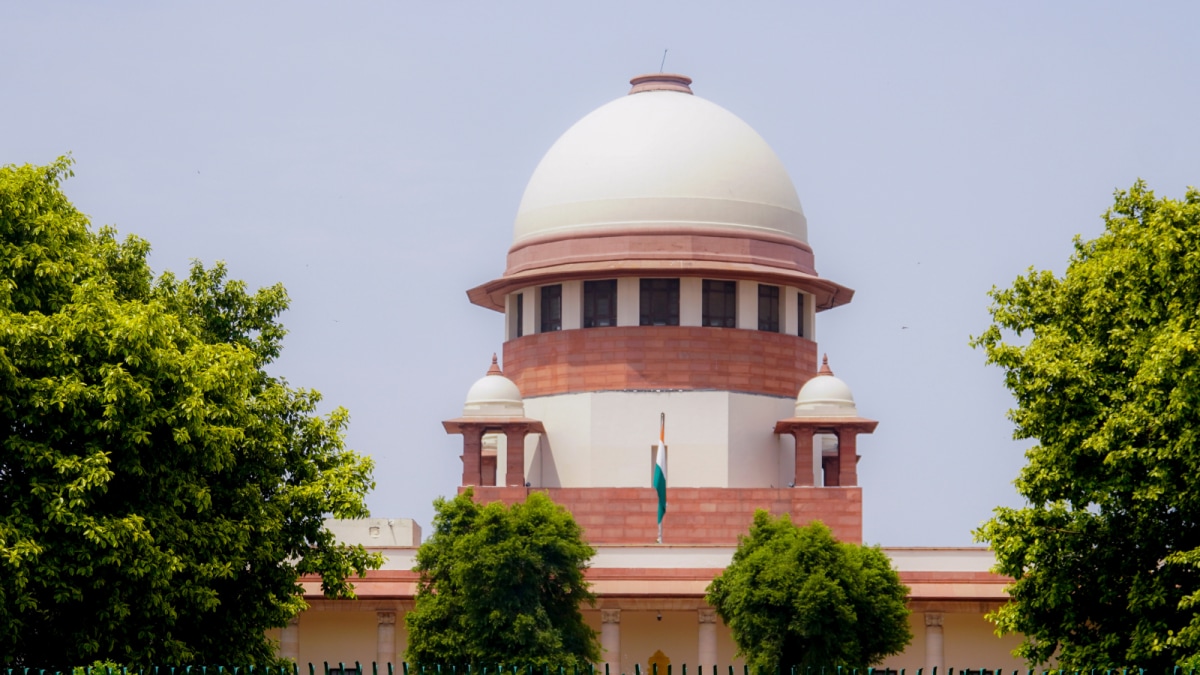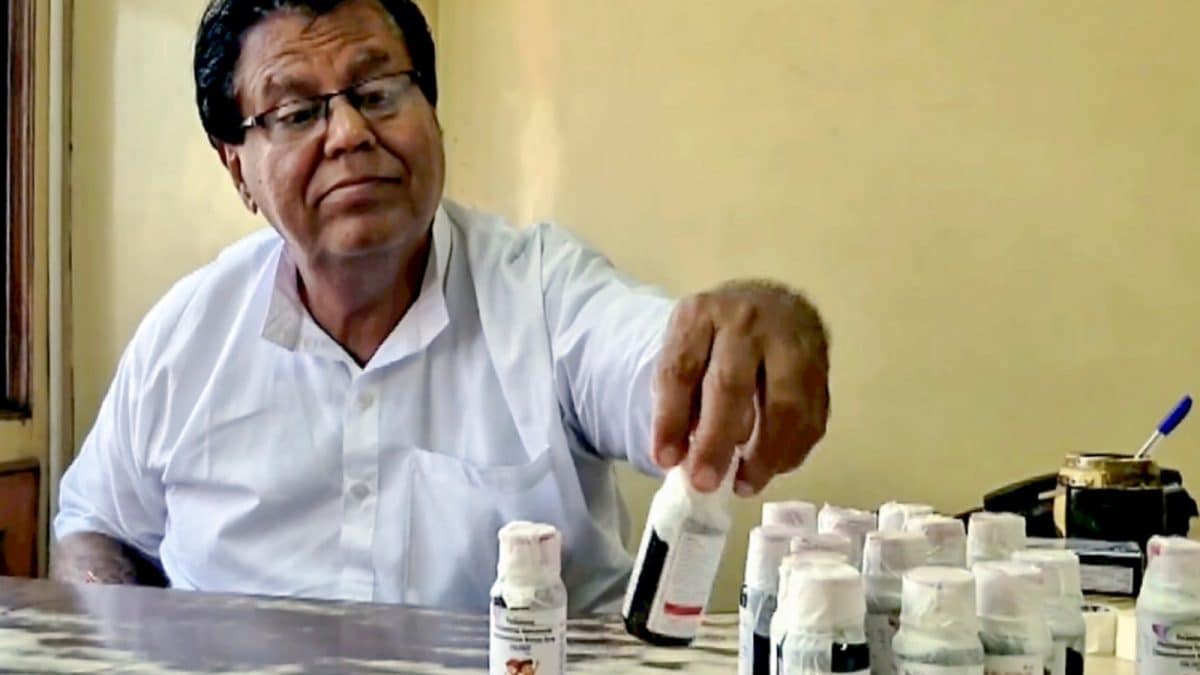Last Updated:
A bench said in matters involving sexual violence against children, the paramount consideration is not the convenience of the accused but the integrity of the survivor’s testimony

The court dismissed an appeal by Arjun Sonar, who stood convicted under Section 6 of the Protection of Children from Sexual Offences Act, 2012.
The Supreme Court has said the legal process cannot become a means to perpetuate injustice under the guise of procedural lacunas as it took exception to a plea by the accused for recall of the child survivor in a case under the POCSO Act.
A bench of Justices Aravind Kumar and NV Anjaria said in matters involving sexual violence against children, the paramount consideration is not the convenience of the accused but the integrity of the survivor’s testimony, the finality of lawful findings, and the need to prevent secondary victimisation.
Recommended Stories
“Once the trial has concluded and the testimony has been recorded, in accordance with law, any attempt to recall the victim for re-examination, must be treated with extreme caution. In the absence of compelling legal necessity, it cannot be allowed. Such attempts must be discouraged, wherever necessary it should be nipped at the bud, especially when they threaten to re-traumatise the victim,” the bench said.
The court dismissed an appeal by Arjun Sonar, who stood convicted under Section 6 of the Protection of Children from Sexual Offences Act, 2012, and sentenced to 20 years of rigorous imprisonment for the offence of aggravating penetrating sexual assault on a minor girl aged about 11 years by the court of the Special Judge, POCSO, East Sessions Division, Tezu.
He was convicted by a sessions court after a full-fledged trial. His appeal was dismissed by the Gauhati High Court by a reasoned judgment.
Before the apex court, his counsel contended the accused was denied effective legal assistance. The defence advocate who had appeared on behalf of the accused did not cross-examine the prosecutrix. The appellant thus sought for granting a fresh opportunity to test the testimony of the child survivor. The court held that the plea was an ineffective one to reopen the trial.
The court said its judicial conscious also does not permit casual indulgence in such a prayer. The bench emphasised this court has repeatedly held that in serious offence under the POCSO Act, particularly those involving familial betrayal of trust, relief cannot be granted as a matter of routine.
“Let it be stated unambiguously: to grant relief in case of this nature after the guilt has been proved and affirmed, would not merely undermine the majesty of the law, it would amount to betrayal of the constitutional promise made to every child in this country. It would be in the considered view of this court, a judicial insult to the sanctity of womanhood and a blow to every mother who teaches her child to believe in justice,” the bench said.
Rejecting the plea, the bench said courts have a duty to ensure that survivors of child abuse are not re-traumatised by the very justice system they turn for protection.
“Allowing such technical plea being raised in cases of such gravity, especially when guilt has been established after full-fledged trial and confirmed in appeal, risks undermining public confidence in the administration of justice. It sends the wrong message/signal that procedural tactics override substantive findings. That cannot be permitted,” the bench said.
Finding no merit in the appeal, the court noted the minor survivor of 11 years made a detailed and coherent statement under Section 164 of Code of Criminal Procedure, 1973 (CrPC) narrating the incident without any exaggeration or inconsistence.
The court found the girl reiterated her statement recorded by Investigating Officer before the trial court in her evidence. Her version was corroborated by contemporaneous medical evidence in 2018 which confirmed signs of recent forcible sexual intercourse. Her date of birth was established through her birth certificate and placed her age unambiguously below 12 years on the date of the incident.
The court also said the defence counsel chose not to cross examine the prosecutrix, which cannot by itself vitiate the proceedings, especially when the accused was present and made no protest application either to cross-examine the prosecutrix or immediately on the next date of hearing seeking for recall of the witness.
The bench noticed with anguish that no compensation has been granted by the trial court or the high court to the survivor girl.
“Having regard to the age of the victim at the time of the offence, the nature of the abuse she has been visited with and the constitutional obligation to provide meaningful redress, we direct that a sum of Rs 10,50,000 be paid to the victim as compensation by the State of Arunachal Pradesh,” the bench ordered.
The bench reiterated that justice must not be limited to conviction, it must, where the law so permitted include restitution.
“In awarding the compensation, we reaffirm the constitutional commitment to protect the rights and dignity of child survivors, and to ensure that the justice delivered is substantive, compassionate and complete,” the bench said.
About the Author

Sanya Talwar, Editor at Lawbeat, has been heading the organisation since its inception. After practising in courts for over four years, she discovered her affinity for legal journalism. She has worked previousl…Read More
Sanya Talwar, Editor at Lawbeat, has been heading the organisation since its inception. After practising in courts for over four years, she discovered her affinity for legal journalism. She has worked previousl… Read More
October 07, 2025, 15:01 IST
Loading comments…
Read More



